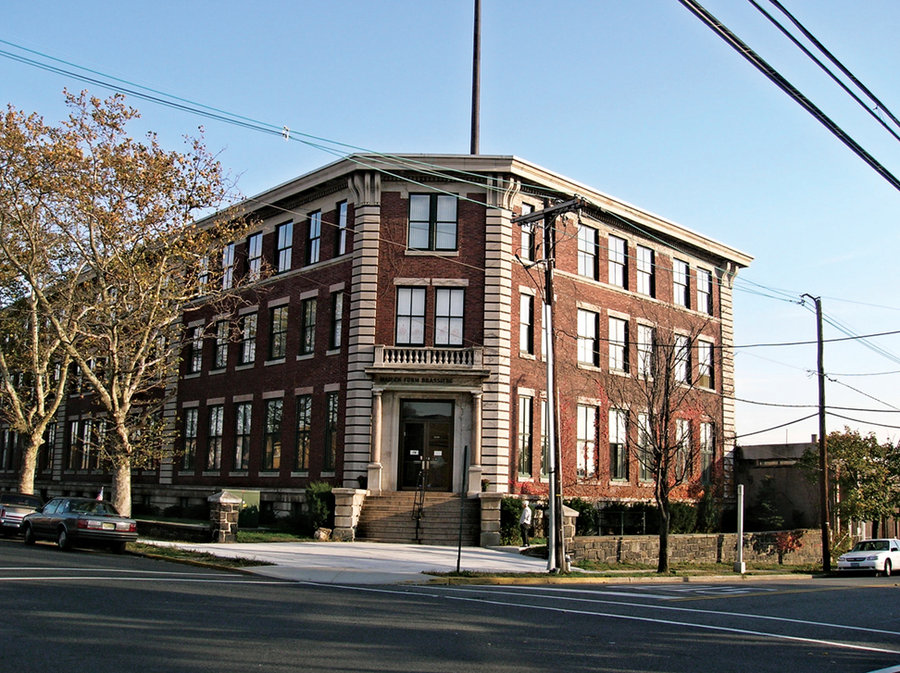After more than three decades and three rounds of governmental edicts, Bayonne is on the cusp of filing documents to determine its New Jersey affordable housing unit requirements and find out how close it is to complying with that figure.
That’s the word from Brian Slaugh of Clarke Caton Hintz architectural planning firm in Trenton who is working with a city attorney on preparing Bayonne’s declaratory judgment action on the city’s affordable housing plan.
For years New Jersey cities were unaware of exactly how many units they must set aside through rehabilitation of structures and applications for new developments because of apparent uncertainty of how the process should work.
But a March 10 court decision determined that compliance with the Fair Housing Act of 1985 either goes through the Council on Affordable Housing (COAH), the state agency, or through the New Jersey Superior Court.
The New Jersey Supreme Court determined that the state agency was stagnant, and that cities could begin filing their plans through superior court.
“The Supreme Court said since both pathways are open, and the state agency was blocking them, that the cities would have an opportunity to have them approved by superior court,” Slaugh said.
The decision prompted 315 of the state’s 566 cities to begin taking action.
With the court’s decision, a transition period of 90 days was created in order to prepare the superior court to hear the city plans. It was decided that 15 superior court judges would hear the affordable housing cases. Weeks of training begin for the judges in preparation for a 30-day period which began on June 8, in which cities could begin filing their affordable housing plans with the court.
“It is essentially a complaint; essentially like any other complaint in court,” Slaugh said.
Slaugh explained that the current machinations are the third round of court decrees, beginning back in the 1980s, on how each city should meet its affordable housing requirements.
But this third, and most recent round, has been the most controversial with time frames for meeting compliance shifting from six years to 10.
“There were two sets of third-round rules by the New Jersey Council on Affordable Housing,” Slaugh said. “And both sets were overturned by the court system as being unconstitutional.”
A third set of rules, created by COAH in the spring of last year, by order of the New Jersey Supreme Court, was published on the New Jersey Register as required by law. Three thousand comments were received.
The Supreme Court had ordered COAH to adopt new rules by Nov. 17, 2014, but that did not happen.
Part of the problem had been that three open COAH board member slots had not been appointed by Gov. Chris Christie, according to Slaugh, and that the governor had tried to abolish the agency by administrative fiat.
Having only six members when it should have had nine did not allow the COAH board to adopt the new rules, since it deadlocked on a 3-3 vote and needs a majority for passage.
The process
That’s when The Fair Share Housing Center of Cherry Hill led a court challenge that went to the state Supreme Court on Jan. 6 of this year, and which resulted in the March 10 decision that COAH was basically a nonfunctioning agency.
The 15 superior court judges hearing the cases are now prepared for the onslaught of plans and litigation triggered by the March decision.
Cities have until Wednesday, July 8, to file their declaratory judgment.
Slaugh and Clarke Caton Hintz are working on the plans for Bayonne and many other cities.
“Basically, we’re providing certification that the town has done x, y, and z regarding meeting their Mt. Laurel housing affordability obligation,” he said. The Mt. Laurel decision in the 1970s was the landmark case that ruled the state’s cities must set aside a certain number of affordable housing units for middle- and lower-income residents.
Next steps
When Bayonne files its declaratory judgment this week, it could be granted temporary immunity on how it should act.
“Once done, during a five-month period the court looks to determine if the city’s efforts to date meet constitutional muster,” Slaugh said. “And then they’ll probably have a trial or evidentiary hearing to determine what each city’s obligation actually is.”
The Fair Share Housing Center has hired a planner to determine what each city’s’ obligation is.
Slaugh said there is a “big disparity” between affordable housing numbers determined for each town years ago and what will likely be determined now.
“Its’ going to be the dueling battles of the experts,” he said.
The determination for Bayonne will be different from others in the state because it is an “urban aid-eligible municipality.”
A formula that includes income, property valuation, city budgets, and various other statistics, is taken into account.
Bayonne may not have to provide a large number of affordable units, Slaugh said.
“Bayonne is only looking at housing units that need to be brought up to code to begin being lived in by low and moderate income people,” he said, and that number could be as low 630 units. “The city can address this with a rehabilitation program for units built in the past, or through new affordable housing that can substitute for rehabbing older houses.”
Bayonne already has 275 units of new construction it could put toward that number, but a judge will determine the final resolution.
Joseph Passantino may be reached at JoePass@hudsonreporter.com.To comment on this story online visit www.hudsonreporter.com.
